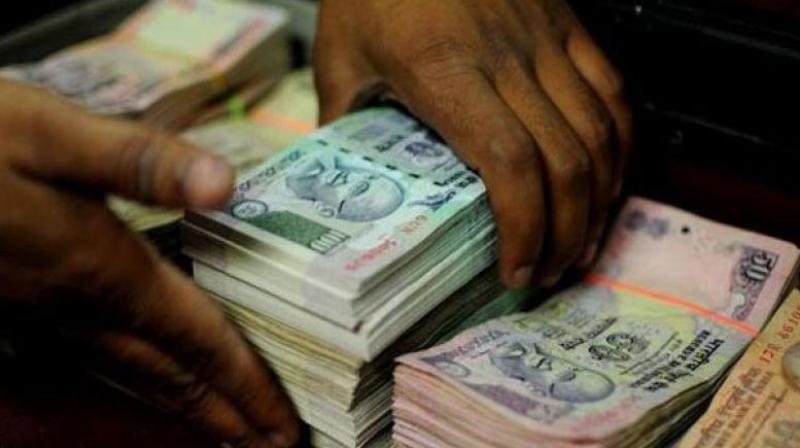Kerala: Funds allocated for land acquisition remain unutilised

THIRUVANANTHAPURAM: It is a measure of the snail’s pace of development process in the state, and also of severe land shortage. At least 25 percent of funds allocated for ‘compensation of land acquired for development purposes’ in the last five years remain unutilised. In financial accounting jargon such frozen funds are called ‘blocked money’. The ‘blocked money’ is neither given out as compensation nor utilised for other productive purposes. These funds, simply because it remains idle, acts as a big drain on the exchequer.
The Finance Department in an internal audit, has also found that the largest chunk of ‘blocked’ money was for works in Thiruvananthapuram and Ernakulam districts. As part of large infrastructure development, the state government has to acquire land and pay compensation to the title holders for the acquired land. To facilitate this, allocations are made in the annual budget and placed at the disposal of Land Acquisition Officers (LAO).
In order to avoid the lapse of budget allocation and to ensure staggered payment of compensation, departmental officers withdraw the funds provided under the functional heads (under Consolidated Fund) and credit them under the subhead: Deposits for payment of compensation for land acquired. Finance Accounts for 2015-16 shows that at the end of March 2016 the subhead had an accumulated balance of Rs 837.66 crore, which was Rs 451.02 crore in April 2011. (This means Rs 386.64 crore had accumulated during the five fiscals till 2015-16).
“Scrutiny of the transactions under the head for the last few years revealed that majority of the transactions took place under two district treasuries of the State, viz., Thiruvananthapuram and Ernakulam,” a top Department official said. Various reasons have been identified for the “blocking”. Legal delays (Cargo terminal, Vyttila), insufficient funds (burial ground at Lakshadweep), disputes in payment of compensation (for the land acquired from Kerala Secretariat Association), disputes regarding the land acquired (development of Government Secretariat Phase II), and public protest (against land acquired for Indian Institute of Space Science and Technology).

